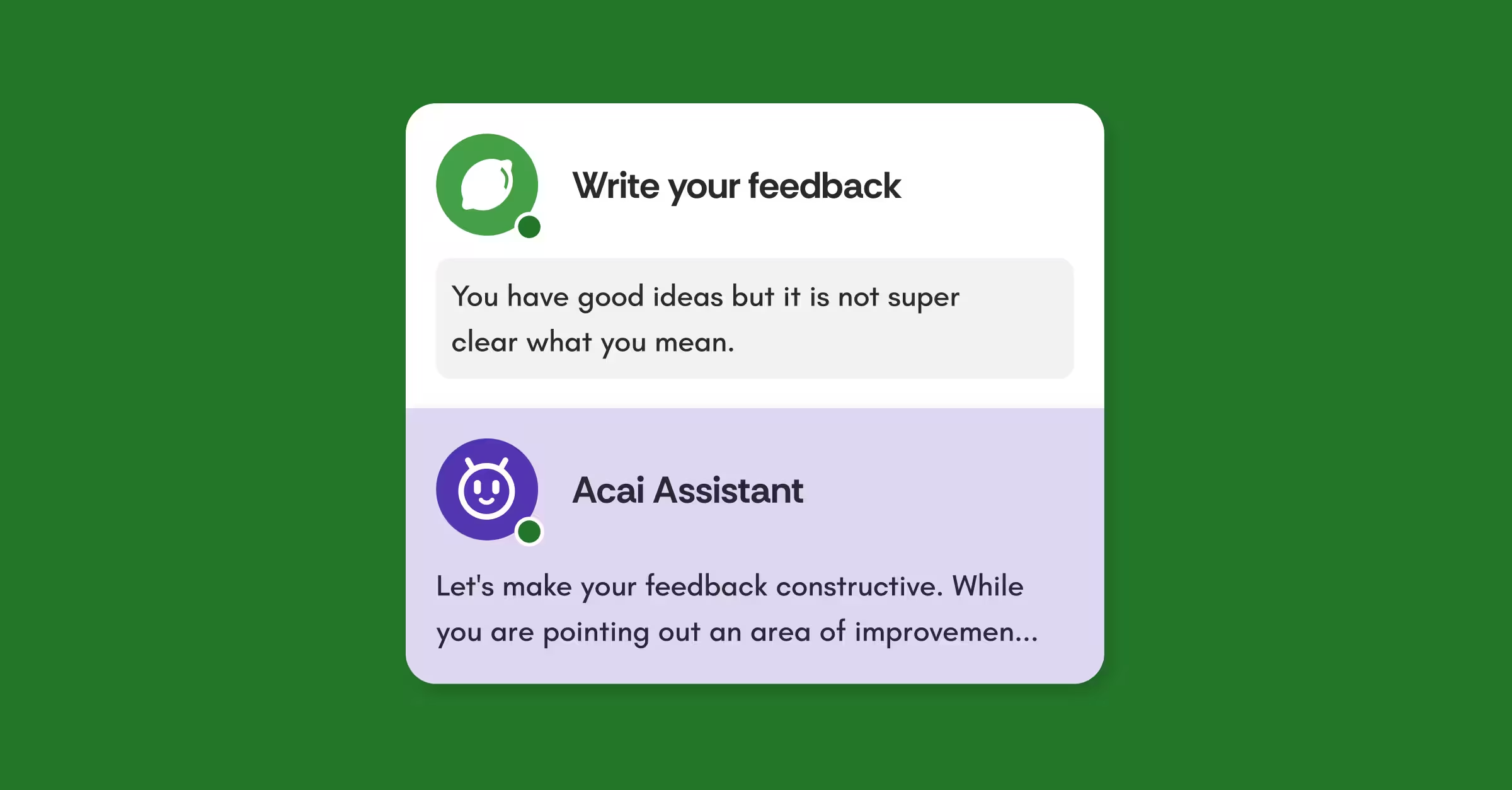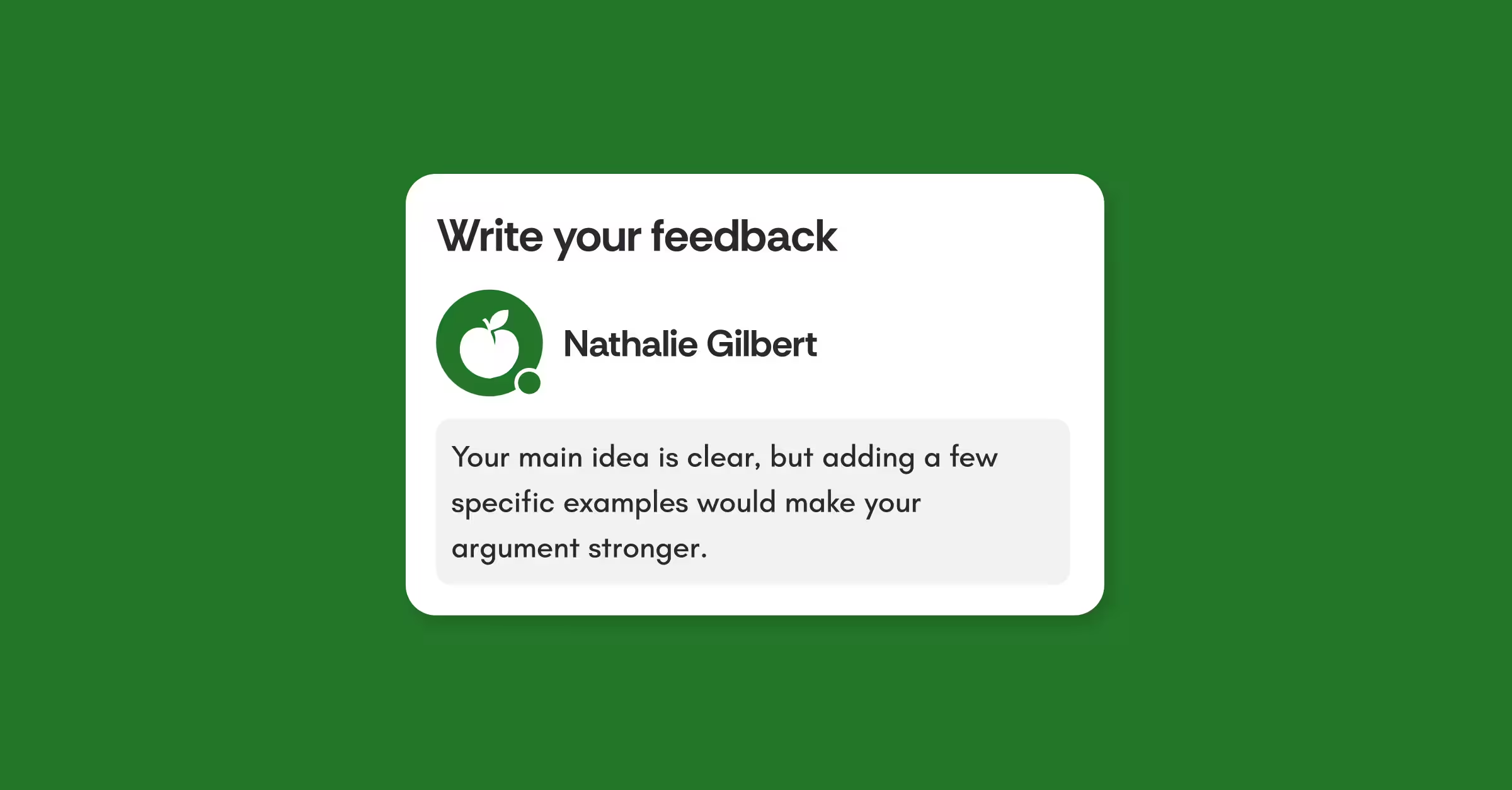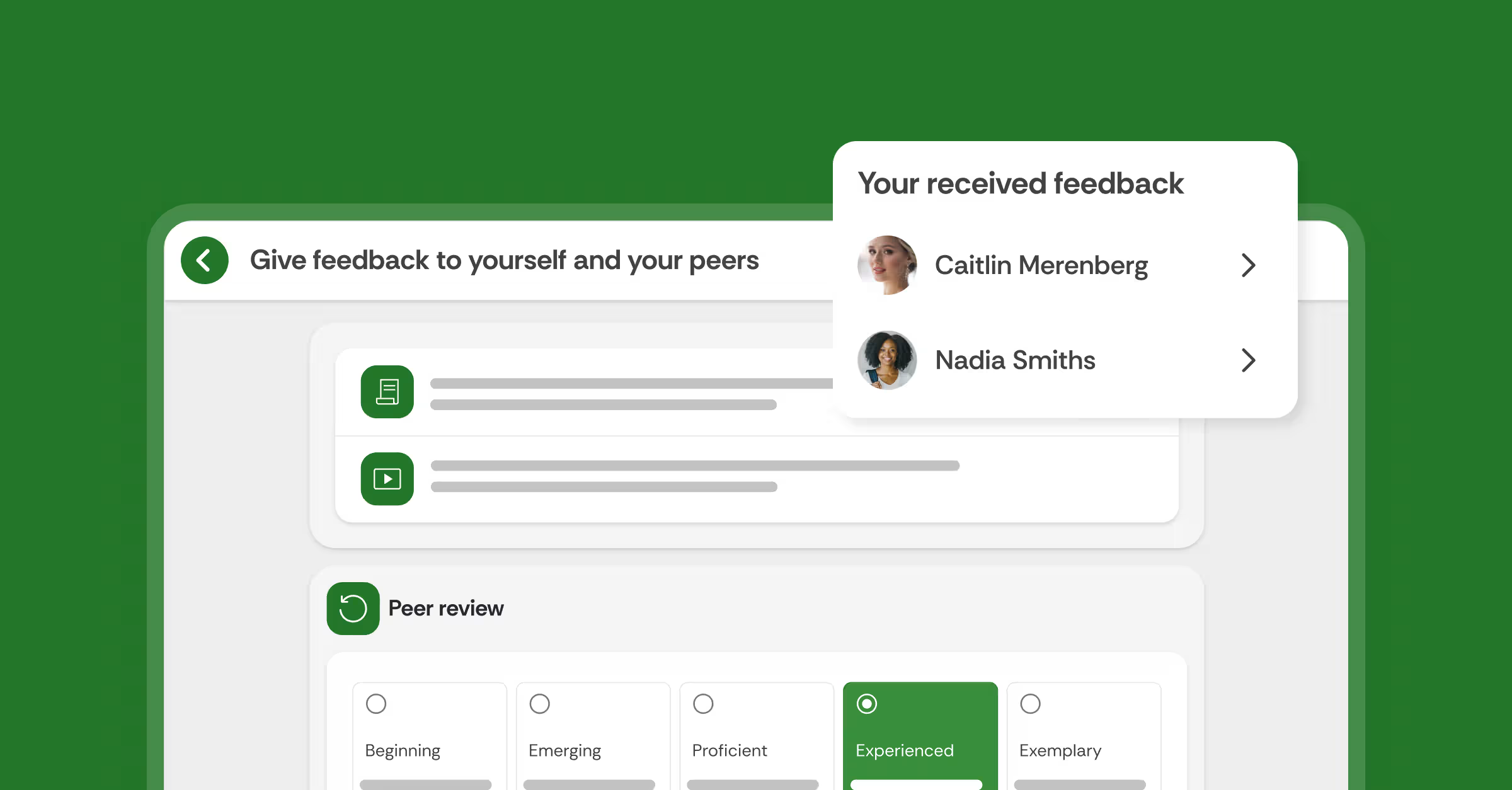FeedbackFruits Higher Ed Weekly Digest 13/07
As we promised, on a weekly basis we bring you the most popular content of the higher education community for the past week.
You can send your suggestions for future articles to Elena. Enjoy!
Must-Read Articles
Tune in for the last week’s most popular content in the higher education community worldwide!
1 - Why Group Member Evaluation is important for Business Schools
We decided to start this week’s list with an article that we published a few days ago about Group Member Evaluation. It’s a brief introduction to a powerful online educational tool developed by FeedbackFruits that can easily cutback on students’ stress as well as on teachers’ when it comes to group projects and assignments. Instructors can now closely follow each student’s effort, allocating grades fairly, while students will never have to worry about “free-riding” and unbalanced workloads.
We recommend this article to: Teachers, instructors and educational management.
Why: Because it can shed light on a curriculum activity, such as a group project, that the majority of students are frightened by, and quite frankly try to avoid it.
“The Group Member Evaluation tool not only offers fair and accurate assessment for group work but additionally allows students to be active and engaged participants in the learning process. “
Aren’t you curious yet about the impact of this innovative educational tool? Find out more in the article.
2 - Making online learning active
Our second hand-picked article for you dives deeply into active learning. Everyone discusses how it’s much harder to actively engage and motivate students in an online learning environment, compared to face-to-face.
As Steven Mintz states, it might be difficult, but very doable. The author discusses how active learning can be unlocked in an online classroom. He offers an abundant list of tested strategies, as well as online platforms and programs which teachers can easily adopt. At the end of the day, the new online environment is not a bad thing, just the novelty of it might frighten the people involved in it.
We recommend this article to: Teachers and instructors.
Why: Because it can help them to motivate their students and offer them a valuable and memorable learning experience, even in an online setting.
“Meaningful learning requires active engagement, critical thinking and thoughtful reflection.”
3 - 9 ways online teaching should be different from face-to-face
The rapid shift from in-person to online learning that occurred in the Spring semester was unexpected but for the upcoming September semester the majority of worldwide universities will have at least a minimum amount of online courses.
Melania Kitchen, an expert in blended learning, shares with us many practical ideas on what an online teaching environment should contain, with a focus on instructional design.
We recommend this article to: teachers, instructional designers and everyone else involved in the development and implementation of courses in higher education.
Why: Because the author gives in-depth explanations of her recommendations, which helps the readers to better understand her overview of the topic.
Must-Listen Podcasts
Who does not love a good podcast? See our top picks below.
1 - The future of higher education A.D. (after disease)
From teachers to students to ed-tech companies, everyone is wondering how exactly the Fall 2020 semester of education will look like. No one has the right answer, but experts in the field are delving into this topic attempting to bring some light on it. Let yourself get inspired by leading professionals in the subject matter. Anant Agarwal, Matthew Glotzbach, David Levin and Kate Eberle Walker are sharing their views on what the next educational semester might look like, what might be various possible positive changes and possible pitfalls.
We recommend this podcast episode to: everyone involved in education, either from an academic organization or an EdTech company.
Why: Because they can access information that is relevant and valuable.
2 - Designing for the uncertain fall
We never stop learning, especially when it comes to higher education. Everyone in the educational system is thriving for innovation and finding solutions that will better fit today’s society. This is the case also for Maria Andersen, a leader in education that has many years of experience in teaching at the college level, writing curriculum and building digital products for learning. Together with Bonni Stachowiak, Maria shares her experience of teaching online before the pandemic. She talks about how she managed to motivate her pupils to become more interested in the subjects they were taught.
We recommend this podcast episode to: Teachers and instructional designers.
Why: Understand if they can relate with Maria’s success, and apply her practices.
Events to Attend
Continue learning about higher education through engaging events and conferences, for now in an online format.
1 - The Live ANZ | 5th August 2020
Once again top university leaders and elite research-led company experts are combining their forces for a critical discussion regarding the future on higher education in Australia and New Zealand.
We recommend this event to: Teachers, instructional designers and everyone involved in ed-tech companies.
Why: You can familiarise yourself with the struggles that top universities had to go through in these past challenging months, and even share your own battles. Also, you can engage with leaders and subject matter experts from across the world, and together thrive while building critical solutions.
2 - ECE2020 | 17th-19th July 2020
Jumping from Australia and New Zealand to Europe, we recommend this European Conference on Education held in partnership with many leading universities, such as Birkbeck, University of London, Osaka University and University College London (UCL).
This is an annual conference, held entirely online this year.
We recommend this event to: Everyone involved in education.
Why: You will have the opportunity to engage in valuable discussions with other international academics and scholars. It is also the perfect place to make new contacts and expand your networking, as well as possible partnerships.
Must-Watch Video
The list will not be complete without this valuable video
1 - Changing the way we grade students could trigger a wave of innovation | Will Richardson | Big Think
This week’s list recommendation ends with an intriguing discussion about the current grading system. This topic is not new, but it is fascinating to hear Will Richardson’s proposition and what are the reasons why the grading system that the higher education organizations are using so far might not be the best one for students.
“(...) we think that numbers and grades are not a great way of assessing what kids actually can do and what they've learned, (...) and it changes the whole dynamic in the classroom when kids are coming in saying how do I get three more points to get a B instead of coming in and saying I really want to learn more about this.”
We recommend this video to: Teachers, instructional designers, deans, provost, and to everyone involved or interested in the educational system.
Why: Let your mind be captivated by this motivational approach on how education can become better.
Final Words
As a lot is changing in the higher education community right now, we will try our best to keep you posted with some of the most popular content that we find helpful for the community. You can subscribe to our newsletter for more exclusive content. See you next week!















![[New] Competency-Based Assessment](https://no-cache.hubspot.com/cta/default/3782716/interactive-146849337207.png)










